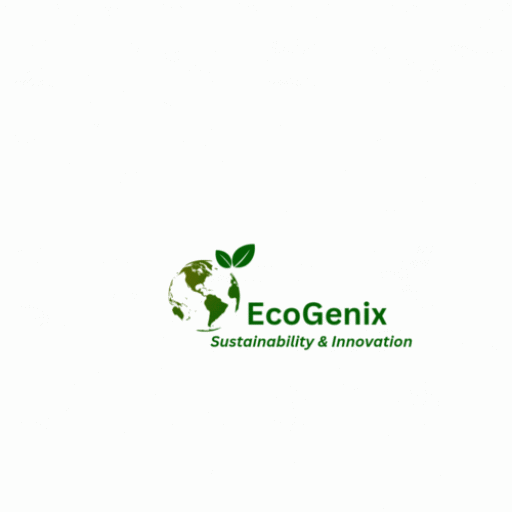Introduction
In the face of escalating global water scarcity, the imperative for efficient water management in agriculture has never been more critical. This article together with the module focuses on the world of water management and conservation, unraveling the complexities of sustainable practices. As a beacon in the pursuit of responsible agriculture, the module delves into conservation methods, irrigation technologies, and water-efficient crops, providing a roadmap for a conscientious approach to water usage in farming.
Water Scarcity: A Global Challenge
As the specter of water scarcity looms large on the global stage, it casts a shadow over the sustainability of agricultural practices. This module acknowledges the gravity of the situation, emphasizing that addressing water scarcity is not just a local concern but a shared responsibility that transcends borders. The efficient management of this precious resource is imperative for the resilience and sustainability of agriculture worldwide.
Exploring Conservation Methods: A Symphony of Techniques
Conservation methods form the bedrock of sustainable water management. From rainwater harvesting to soil moisture retention techniques, this module unravels a symphony of methods designed to preserve and optimize water resources. By adopting these practices, farmers can mitigate the impact of water scarcity, safeguarding their crops and contributing to the overall health of water ecosystems.
Irrigation Technologies: Navigating the Future Waters
In the quest for efficient water management, irrigation technologies emerge as transformative tools. Irrigation techniques such as drip irrigation, precision irrigation, and sensor-based systems not only optimize water usage but also enhance crop yields, paving the way for a more sustainable and water-resilient agricultural landscape.
Water-Efficient Crops: Adapting to the Arid Future
Crop selection is crucial in the context of water scarcity. By exploring water-efficient crops—those adapted to thrive in arid conditions or with reduced water requirements—farmers can align their agricultural practices with the available water resources. This adaptive approach not only ensures food security but also contributes to the conservation of water for future generations.
Fostering a Responsible Approach: Cultivating Water Stewardship
Beyond the technical aspects, farmers should be responsible stewards to water usage in farming, thus understanding the broader ecological implications of their practices. By fostering a culture of water stewardship, agriculture can transition from being a consumer to a custodian of this vital resource, ensuring its sustainable use for generations to come.
Education as a Catalyst: Empowering Farmers with Knowledge
Our module on Water Management and Conservation has been designed to empower farmers with knowledge. By disseminating information about water management and conservation practices, the module acts as a catalyst for change. Educated farmers are equipped to make informed decisions, adopting practices that align with both ecological sustainability and agricultural productivity.
Conclusion: Sustaining Growth in Every Drop
As we navigate the waves of water scarcity, the module on water management and conservation emerges as a compass guiding agriculture toward a sustainable future. By embracing conservation methods, leveraging innovative irrigation technologies, and selecting water-efficient crops, farmers can sustain growth in every precious drop. The module stands not just as a guide but as a testament to the resilience and adaptability of agriculture in the face of a changing climate, ensuring that water remains a nurturing force rather than a limiting factor for future harvests. Enrol Today!!!
Article by:
Dr Wayne Tota
